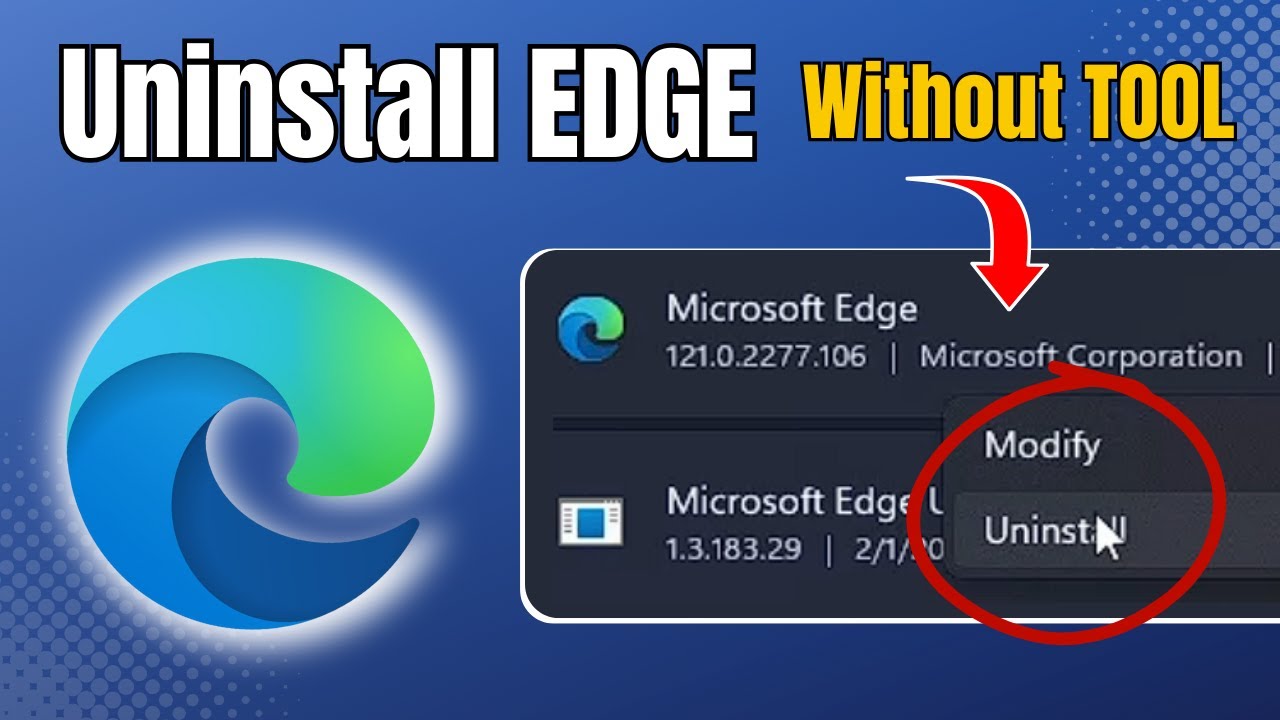Proven Methods to Delete Your Facebook Account: 2025 Guide

Effective Ways to Delete Your Facebook Account in 2025: Discover the Best Methods
In an era where social media has a significant impact on our lives, the decision to delete a Facebook account may stem from various reasons, including privacy concerns, mental health considerations, or simply a desire to reduce online presence. This comprehensive guide will walk you through how to delete your Facebook account in 2025, ensuring that you understand every step of the process. We will also cover alternate methods like deactivation, discuss privacy implications, and provide insights needed to make an informed decision.
With the increasing awareness of digital privacy rights, many users are seeking effective methods to manage their online identities. Regardless of whether you're considering a temporary break or permanent deletion, understanding how to navigate the complex Facebook account settings is essential. This article will equip you with the best techniques to permanently delete your Facebook account, as well as additional tips for managing your Facebook privacy settings.
Key takeaways from this article include:
- Step-by-step instructions on deleting or deactivating your Facebook account.
- Insights into the privacy implications and consequences of deletion.
- Helpful links and resources for customer support and troubleshooting.
Essential Steps to Permanently Delete Your Facebook Account
Understanding the process to permanently delete your Facebook account is crucial. By following these essential steps, you can ensure that your data is removed from Facebook completely.
Step-by-Step Process to Delete Facebook Account
1. Log in to your Facebook account and navigate to the top right corner where you will find the menu. Click on the down arrow.
2. Select 'Settings & Privacy,' then click on 'Settings.'
3. In the left column, click on 'Your Facebook Information.'
4. Click on 'Deactivation and Deletion.' Here, you have the option to either deactivate your account or permanently delete it.
5. Select 'Permanently Delete Account' and click 'Continue to Account Deletion.'
6. Follow the prompts to finalize the deletion process. You may be asked to enter your password and confirm your decision.
7. Once initiated, your account will be deactivated for a period of time before it is completely deleted. If you change your mind, you can go back and cancel the deletion during this period.
Understanding the Facebook account deletion process in detail will help you navigate these steps confidently. Each part is designed to ensure you know exactly what to expect.
Common Mistakes to Avoid When Deleting Facebook
One common mistake users make is attempting to delete their account without first backing up their data. Always ensure you download a copy of your data and photos before proceeding with deletion. Another mistake is not fully understanding the timeframe for account deletion; users often think the account is deleted immediately, while it remains deactivated for up to 30 days. Lastly, ignoring any final confirmation messages can lead to inadvertent account recovery.
Consequences of Permanently Deleting Your Facebook Account
Permanently deleting your Facebook account comes with several consequences. First, you will lose access to all your messages, photos, and posts. Additionally, any Facebook group or event management will be affected, as you will no longer be part of those communities. Your digital footprint will be significantly reduced, affecting how family and friends can contact you. It's essential to consider these implications before making the final decision to delete your Facebook account.
Deactivation vs. Permanent Deletion of Facebook Account
To make an informed decision, it’s essential to understand the difference between deactivating your account and permanently deleting it. Both options serve different purposes and can be chosen based on your needs.
What Happens When You Deactivate Your Facebook Account?
Deactivation is a temporary measure that allows you to pause your Facebook activities. When you deactivate your account:
- Your profile becomes invisible to others.
- Your posts and comments remain intact, so they can be viewed by other users.
- You can reactivate your account at any time by simply logging back in.
This option is beneficial if you anticipate wanting to use Facebook in the future but need a break from the platform.
When to Choose Permanent Deletion Over Deactivation
If your goal is to eliminate your digital presence entirely, permanent deletion is the way to go. Consider choosing permanent deletion if:
- You feel overwhelmed by the impact of social media on your mental health.
- You are concerned about privacy and data security.
- You no longer find value in staying connected through Facebook.
Ultimately, the choice between deactivation and permanent deletion should be based on your specific needs and circumstances.
Impact of Delete Facebook Account on Your Online Presence
Deleting your Facebook account significantly impacts your online presence. It may reduce the amount of personal data collected by advertising platforms. Thus, your digital footprint is minimized, leading to greater control over your privacy.
With many people opting for a social media detox, understanding this impact helps you manage the transition effectively. If you are curious about alternatives to Facebook, consider exploring platforms that align with your values regarding privacy and well-being.
Managing Your Facebook Privacy Settings Before Deletion
Before you proceed with deletion, reviewing your Facebook privacy settings is vital. Ensuring you have control over what information is shared can help manage your overall online presence.
How to Access and Modify Your Privacy Settings
To manage your privacy settings effectively:
- Go to 'Settings & Privacy' and select 'Settings.'
- In the left column, find 'Privacy' and review who can see your posts and profile.
- Under 'Your Activity,' you can also adjust settings on how friends can interact with you.
By fortifying your privacy settings, you can better understand data protection on Facebook.
Consequences of Ignoring Privacy Settings
Failing to manage your privacy settings may expose personal information to third-party apps and advertisers. Users often overlook the fact that their interactions can be tracked, making it essential to regularly update settings regardless of whether you're deleting your account.
Utilizing Facebook Account Help Resources
If you're uncertain about the deletion or deactivation processes, utilizing Facebook account help resources is crucial. You can reach out to Facebook customer support for guidance and troubleshooting.
Using Alternative Social Media Platforms Post-Deletion
Many users who delete their Facebook accounts seek alternatives to stay connected online. Understanding the landscape of social media options can offer a supportive platform while respecting privacy concerns.
Top Alternatives to Facebook in 2025
Consider these platforms that provide a more privacy-focused experience:
- MeWe: An advertisement-free social platform where you have control over how your data is used.
- Signal: A messaging app known for its end-to-end encryption and focus on user privacy.
- Mastodon: A decentralized social network that allows users to create their servers while prioritizing user control.
Benefits of Transitioning to Alternative Platforms
By moving to platforms that prioritize privacy, you can enhance your online experience without feeling the weight of data exposure. Such platforms often foster a healthier online interaction by promoting transparency in user data policies.
Utilizing Social Media Wisely for Digital Wellbeing
Understanding the impact of social media on mental health is vital. Engaging in practices that prioritize your mental wellness while maintaining a digital presence can lead to a beneficial online experience. Always consider how each platform aligns with your personal values for digital health.
Q&A Section on Facebook Account Deletion
What should I consider before deleting my Facebook account?
Before committing to deletion, think about your reason for deleting, what data you may lose, and whether temporary deactivation might better suit your needs.
How long does it take to permanently delete my Facebook account?
Facebook retains your information for up to 30 days post-deletion in case you change your mind. After this period, your account and all associated data will be permanently and permanently removed.
Can I recover my account after deletion?
Unfortunately, once the deletion period exceeds 30 days, recovering your account or any data is impossible. Make sure this decision is final before proceeding.
What happens to my messages and posts after deletion?
All your messages and posts will be completely erased when you delete your account. Ensure you back up any important information before deletion.
Are there privacy benefits to deleting my Facebook account?
Yes, deleting your account significantly reduces your digital footprint and lessens the amount of personal data collected by advertisers.

Conclusion: Empowering Your Online Presence Management
In today's digital landscape, taking control of your online presence is vital for personal well-being and privacy. Whether you decide to delete your Facebook account permanently or simply deactivate it for a while, understanding how to manage your social media accounts effectively can empower you. By following the steps outlined in this guide, you can navigate Facebook's settings with confidence and clarity. Remember, the decision to delete your account should align with your personal values and goals regarding digital health.
